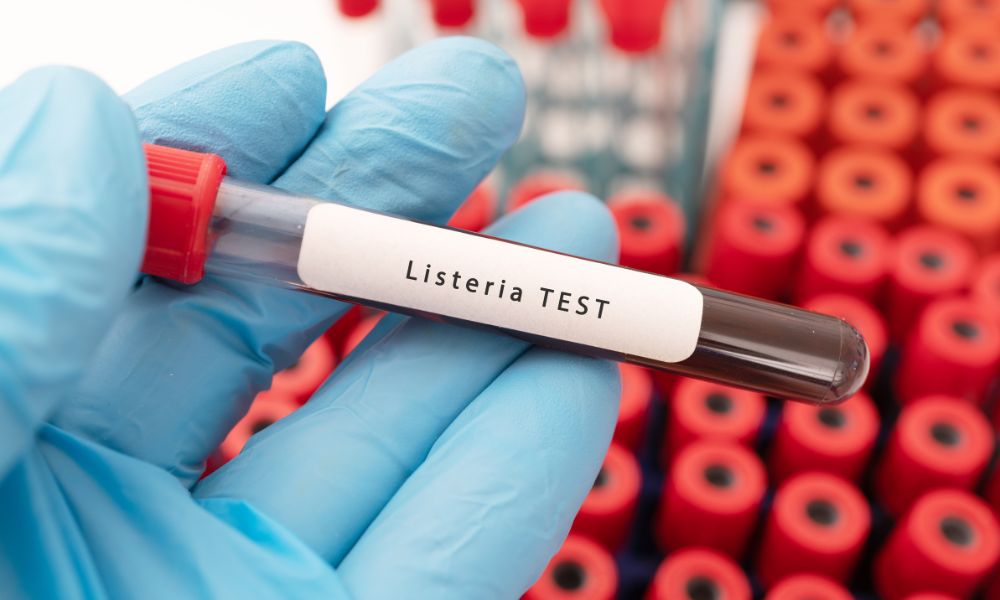The journey of pregnancy, while filled with anticipation and joy, also brings along a heightened sense of caution and care. Amid the multitude of considerations for an expectant parent, one often overlooked yet potentially hazardous aspect is the risk of contracting infections, specifically from foodborne pathogens like listeria.
Although less common than some other foodborne pathogens, the consequences of a listeria infection during pregnancy can be severe, as it can lead to miscarriages, premature delivery, or even death of the newborn. Understanding how dangerous a listeria infection is during pregnancy will help you make informed decisions about diets and lifestyle, contributing to healthier pregnancy outcomes.
Understanding Listeria: An Overview
Listeria, or Listeria monocytogenes, is a bacterium commonly found in soil, water, and some animal products. It is notorious for surviving and thriving in cold temperatures, making refrigerators a potential breeding ground. The primary method of contraction is through consuming contaminated food. Pregnant women are particularly susceptible because of changes in their immune system.
The Risks to the Mother
A listeria infection poses a particular risk during pregnancy due to changes in the immune system. The body naturally lowers its defenses to accommodate the developing fetus, making pregnant women ten times more likely to contract listeriosis compared to the general population. This infection can lead to severe complications and potentially life-threatening diseases like meningitis.
Symptoms of a Listeria Infection
The symptoms of a listeria infection typically appear within a few days to a few weeks after exposure. These can range from mild flu-like symptoms—such as fever, muscle aches, and fatigue—to more serious symptoms like severe headache, stiff neck, confusion, loss of balance, and convulsions in extreme cases. If you’re pregnant and experience any of these symptoms, seeking immediate medical attention is crucial.
The Risks to the Unborn Child
Listeria can not only harm the mother but also cross the placental barrier, directly affecting the unborn child. The bacterium can cause a rare but serious infection in the fetus, leading to premature birth, growth problems, and even stillbirth. In some cases, the baby may be born with listeriosis if the infection expanded shortly before delivery.
Prevention: Key to a Safe Pregnancy
Fortunately, you can take several steps to reduce the risk of a listeria infection during pregnancy. These include maintaining good hand hygiene, thoroughly cooking meats, washing fruits and vegetables, avoiding unpasteurized dairy products, and ensuring your refrigerator is set at an appropriate temperature. Regular prenatal care can also help to detect any potential issues early.
While a listeria infection during pregnancy can be dangerous, awareness, careful food handling, and regular medical checkups can significantly reduce the risk. Always remember: when in doubt, seek medical advice.






